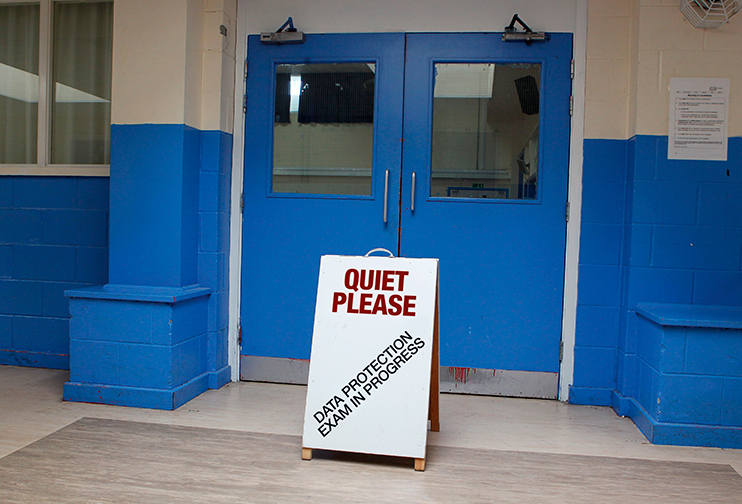
Education providers require a lesson in data protection, says Tom Morrison
In the previous edition of this column we looked at how our freedom of information and data protection regime affects social housing providers. The second in this series of sector focused pieces concentrates on the education sector. Academies, other types of schools, colleges and universities (referred to together as education providers for the purposes of this column) are caught directly by the Freedom of Information Act 2000 and Environmental Information Regulations 2004 (together FOI legislation). When you add into the mix that the Data Protection Act 1998 (DPA 1998) impacts on almost everything education providers do, due to the large number of staff and students with whom they interact, it is fair to say that information law compliance is a big and sometimes resource-hungry issue to get right, but potentially a very damaging and expensive one to get wrong.
The impact of being a public authority for FOI purposes
Many people assume that all public authorities are substantial in size and have more than









